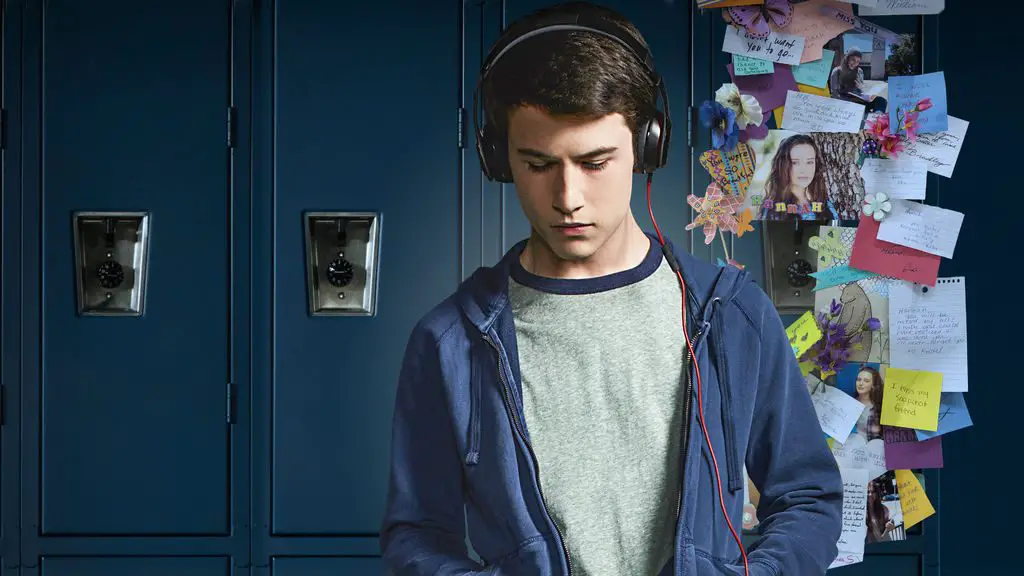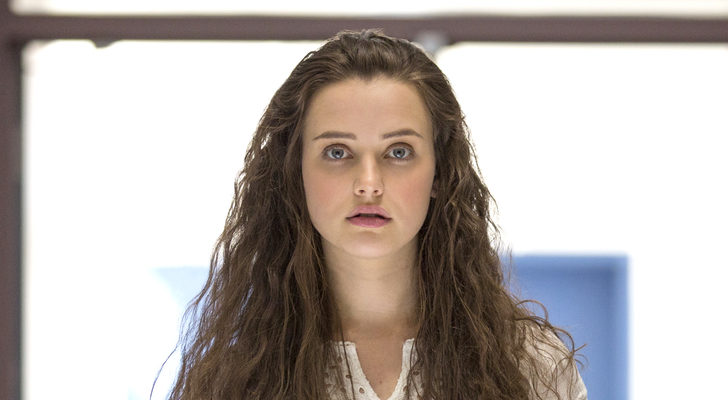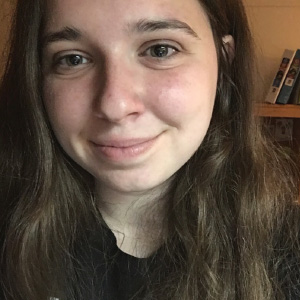A standalone novel is just what its name suggests—a novel that is over on the last page, with no indication or proposition of a sequel. The story is supposed to come full circle, leaving all of the reader’s pending questions more or less answered. So, in hindsight, there is no way of knowing exactly what’s next for the characters, just the possibility of what could be.
Realistically, a novel of this conclusive nature is well suited for a film, if it were to get optioned, but poorly suited for a television series. Not only does a film offer the same sense of completeness, but it also makes it easier to remain within the scope of the author’s original story. Still, some stories are so powerful that they can’t be tailored to an hour-and-thirty-minutes long, and in order to have the same lasting impact, they’re instead adapted for television, allowing themselves their much-deserved extended airtime.
Take “13 Reasons Why,” the Netflix series adapted from Jay Asher’s best-selling young adult novel. The show follows the story of Hannah Baker, a high school sophomore who recently committed suicide to the shock of her family and peers. With no explanation as to why she did it, Hannah’s friend, Clay Jensen, tries his best to cope with her death and to understand what could’ve motivated her decision to take her life. However, when a package of cassette tapes shows up unexpectedly on his doorstep, the answers he’s been searching for finally come to light, as he plays the first side of tape one and hears Hannah’s voice.

Considering the title of the show, it is not surprising that the series consists of thirteen episodes, each one following one of the reasons why Hannah killed herself, as well as the impact the tapes have on Clay after he listens to each one. In this episodic format, viewers are able to see every poignant scene leading up to Hannah’s decision in raw form. From Zach stealing her notes of encouragement in Peer Communications class, to Bryce practically stealing her humanity when he rapes her in his hot tub, the show makes it blatantly clear that every action has an impact, and even something small can rip a person’s soul to shreds.
It’s hard to say if “13 Reasons Why” would’ve been as potent if it were a movie. Movies are normally condensed to last between one-to-two hours, and with every reason on Hannah’s tapes being relevant to the story, it would be difficult to include each one in a standard-length film without it feeling rushed or cheapened. For what it’s worth, Asher made a good call letting his book be adapted into a television series; this made it possible for the story’s theme of cause and effect regarding suicide to be explored extensively, and not be overshadowed by the romantic subplot that tends to draw most teenage moviegoers.
But even though “13 Reasons” got the amount of airtime it deserved, the show’s writers are still faced with a dilemma: Do they leave the series at one season, rounding the story the same way that Asher did, or do they keep it going, for the sake of popular demand?
This is the central problem when creating a TV show based off a standalone novel. Because this kind of story has a rather definitive end, screenwriters don’t have very much left to work with once they’ve told everything that’s in the book on-screen. At that point, they have to think beyond the story if the show gets picked up for a second season; and if the show gains even more acclaim and lasts for a couple of years, it’s inevitable that the series will become almost a completely different entity from its novel inspiration.
More than that, it becomes hard to hold the book’s main cast of characters together if its television counterpart were to enter multi-season territory. With most TV shows, certain characters aren’t destined to hang around for the entire length of the series, whether they move on to a new chapter in their life or they end up dying. This is not very surprising; for the most part, the characters we become engrossed with on our television screens mirror people who could exist in our own lives, people who come and go. But once again, the absence of the characters who were integral to the original story can further separate the TV series from the book, and cause viewers to forget the characters who captured their hearts (or not) in the first place.
Although it seems enticing to adapt a standalone book for television, if only to honor the author’s work to the fullest and preserve the message they wanted to put out into the world, it’s not worth it if the story is going to stray away from its roots, just so fans can have another season. With “13 Reasons Why,” the screenwriters leave the viewers with some cliffhangers, hinting at how the story can continue. But even though what they leave you with seems to make for a gripping second season, it also seems like the framework for the series—Hannah’s tapes—will get lost, and have no coherent way of returning. They could’ve avoided this by only adapting what was in the novel, the standard way of bringing book to screen. But now, the writers have a lot more work to do, and could potentially risk devaluing an author’s hard work.
Maybe that’s why people usually stick with a movie.












